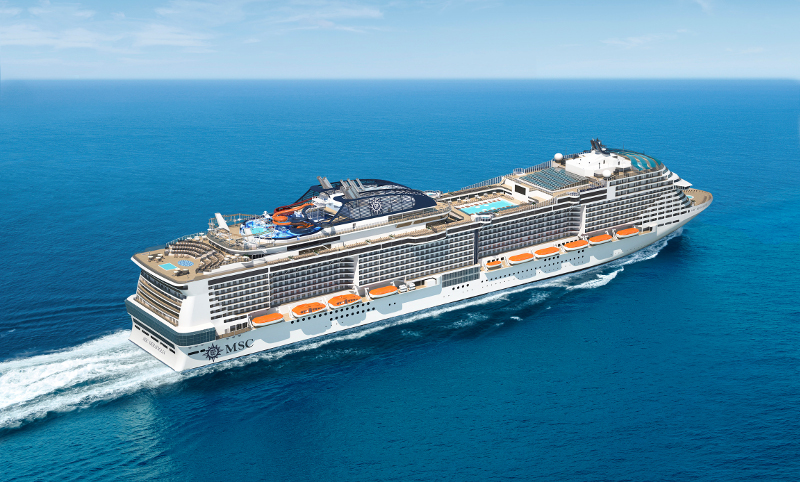
Tourism
Location-based services in tourism are by no means limited to positioning or indoor navigation. As in other industries, positioning and navigation always remain the core of location-based services in tourism. The cruise provider MSC Cruises, for example, relies on a “connected guest experience” for its floating hotels and offers more than 130 (!) smart features and location-based services for its guests on its new ships. This includes navigation and wayfinding as well as person tracking, so that guests can always see where their children are on the ship and share their current position with friends.
How location-based services make ships smart
IIn March 2017 the 51st edition of ITB took place in 26 exhibition halls in Berlin. It is estimated that business deals with a volume of around seven billion euros will be concluded. The trade fair congress will focus on digitisation. Read more…
The first ship on which the complete programme is to be implemented is the MSC Meraviglia, which is to be launched in June 2017. The ship is equipped with over 3000 beacons, 700 digital access points, 358 interactive screens and RFID/NFC access technology for over 2200 cabins.
While MSC Cruises is investing a total of nine billion euros in its new fleet, the Physical Web approach offers much cheaper options for implementing location-based services for entire city centres. The Bamberg launchup rocket 7 introduces Substance, for example, an inexpensive and uncomplicated introduction based on Eddystone Beacons. Here you can download our free whitepaper Location-based Services in Tourism. Further information on the use of location-based services in the tourism industry can be found here.




